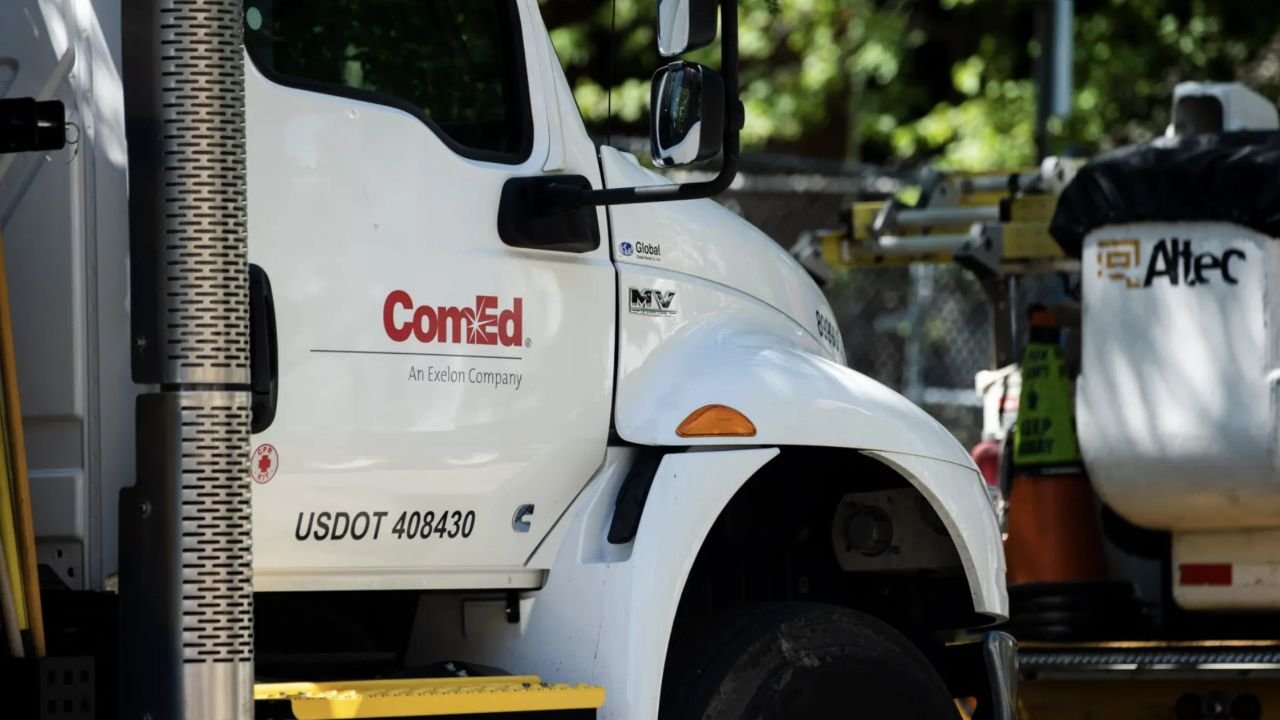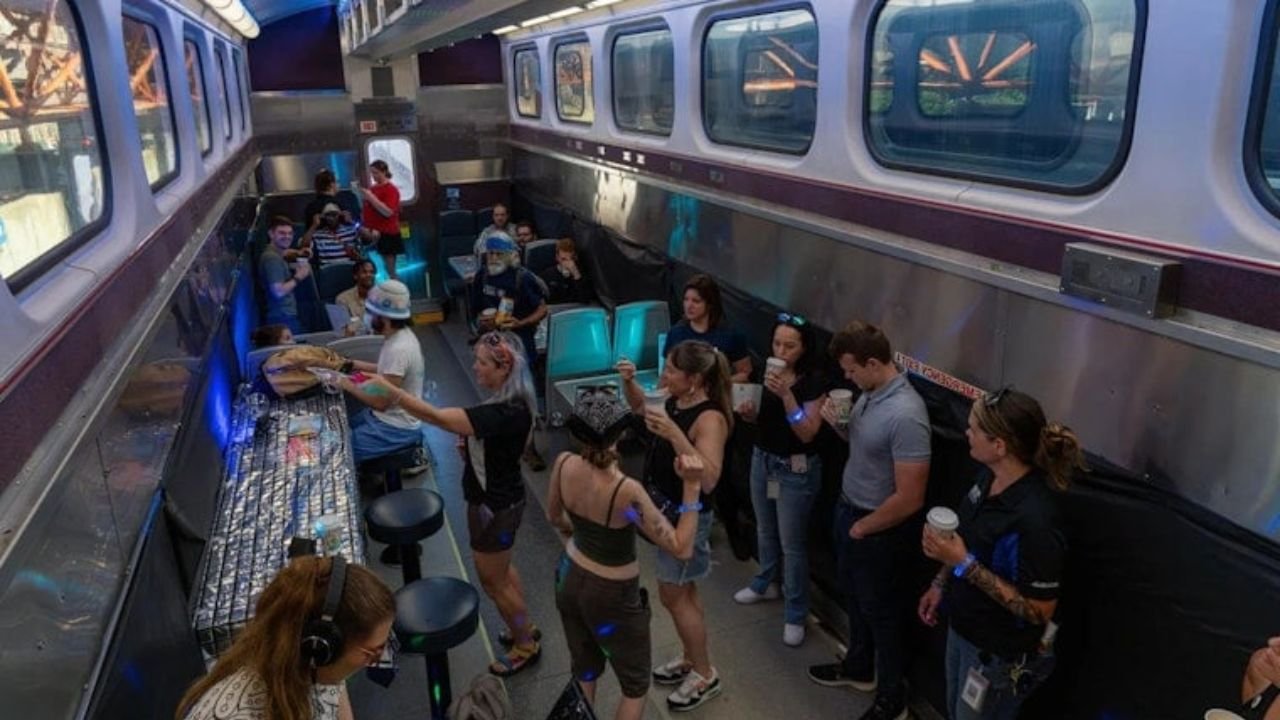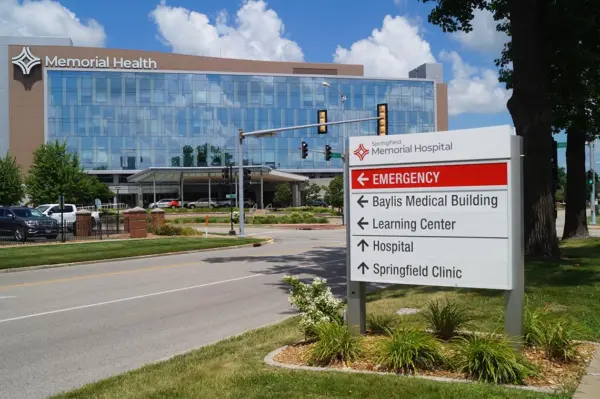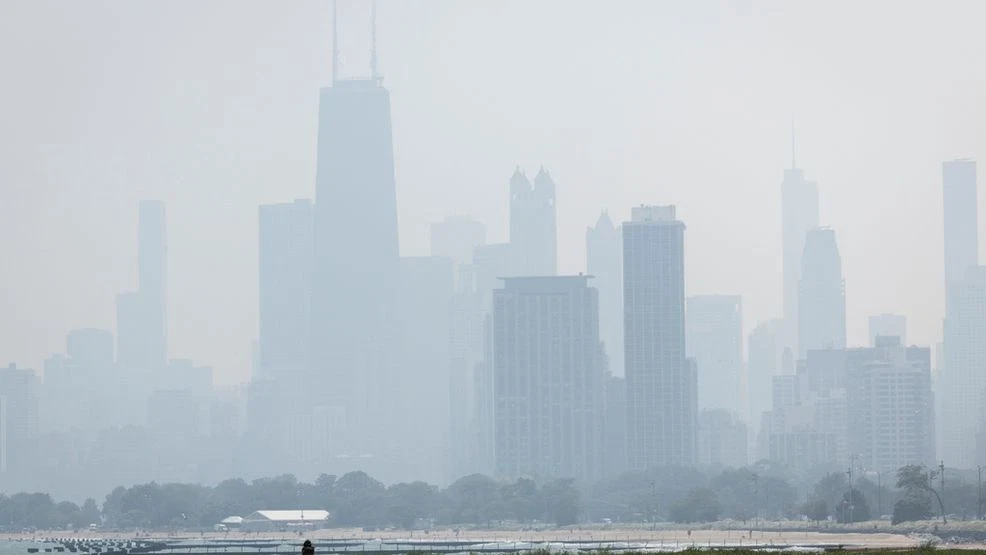CHICAGO — As electricity prices surge across Illinois, ComEd is stepping in with a new $10 million financial assistance program, offering $500 payments to low-income customers struggling to keep up with rising utility bills.
The initiative, which opens for applications on July 7, aims to help residents who are behind on payments and living below federal poverty guidelines. ComEd will also offer grants of up to $1,000 to nonprofit organizations that assist with utility-related hardship.
Why Power Bills Are Spiking This Summer
Beginning June 1, electric rates jumped due to nationwide increases in energy demand, primarily driven by:
-
The rapid expansion of data centers, many powering artificial intelligence (AI) systems)
-
A growing lag between coal plant retirements and the construction of new renewable energy sources
Customers used to paying around $100 monthly for electricity may now see an 11% increase on their next bill.
ComEd officials say the current grid cannot keep pace with demand. Outdated infrastructure and policy bottlenecks are slowing Illinois’ transition to cleaner energy, worsening supply shortages.
Application and Eligibility Details
To qualify for the $500 relief payment, ComEd customers must:
-
Fall below federal poverty level thresholds
-
Have a past-due balance on their electric bill
-
Apply online at comed.com/relief beginning July 7
Nonprofits can also apply for funds to support residents in need, particularly in communities disproportionately impacted by rising utility costs.
The utility will formally announce the program at an event in Ford Heights later this week.
Illinois Grid at Crossroads Amid Green Transition
Energy experts point to the state’s difficult position. While Illinois has made progress phasing out coal-fired power plants, renewable alternatives like solar and wind are not coming online fast enough. This has led to:
-
Strained supply on the PJM regional grid (serving Northern Illinois)
-
Increased reliance on costly power sources
-
Mounting political pressure on lawmakers for reform
Governor J.B. Pritzker and other state leaders have criticized PJM for moving too slowly to integrate renewables, but Springfield lawmakers failed to pass energy reforms during their latest session. PJM, meanwhile, denies being the root of the current issues.
How Are Chicago Suburbs Being Affected?
In areas like Berwyn, Oak Lawn, Cicero, and Schaumburg, families are already adjusting budgets to account for elevated bills. Many suburbs rely heavily on single-family homes and older electrical infrastructure, which increases vulnerability to:
-
Peak usage surcharges during summer
-
Slow upgrades to local substations
-
Limited access to solar rebates or efficiency programs
Local nonprofits and township offices are urging residents to apply quickly once the program opens, fearing demand will outstrip supply.
“This kind of support is urgent in working-class suburbs,” said a Berwyn housing advocate. “Many of our seniors and single-parent households are already behind on their bills.”
Have You Felt the Impact of Rising Electric Bills?
We want to hear from you. Have your ComEd bills gone up recently? Are you planning to apply for the $500 grant? Let us know how rising utility costs are affecting your family or neighborhood by commenting on this article at ChicagoSuburbanFamily.com — your voice matters.














